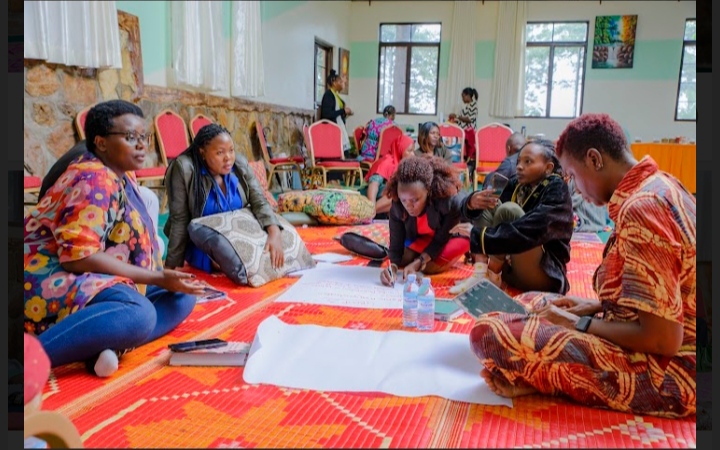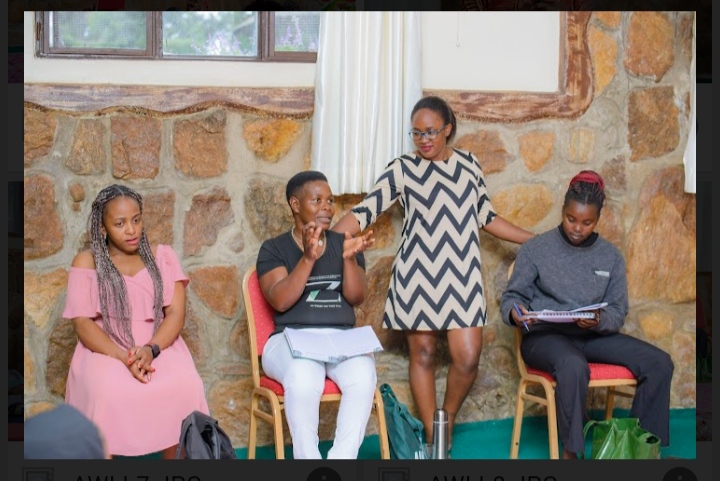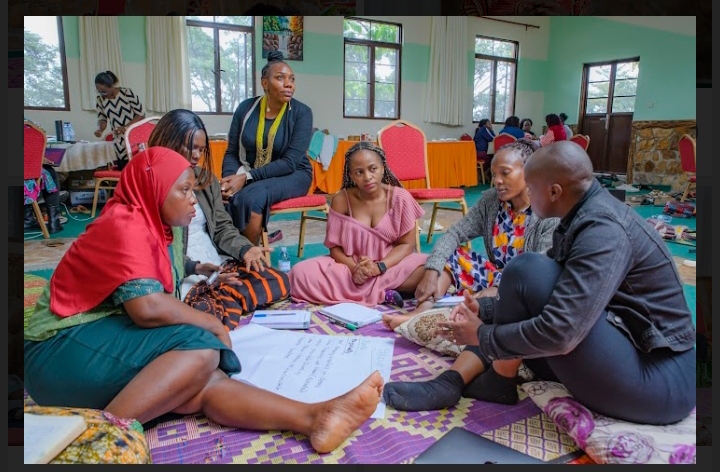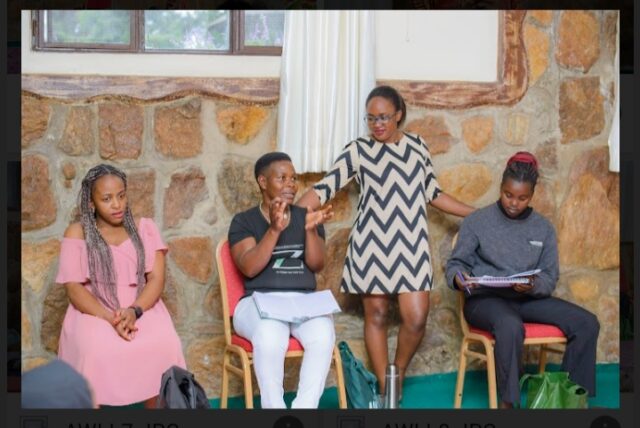
Joyce Namugambe
Home, being the safest place to live in, makes it the most comfortable space for people to enjoy their lives safely with love, care, fairness and equal rights, entitlement among others. Every individual deserves a right to live happily with the people around them in spaces they consider to be their homes irrespective of their sex, mental status, physical ability etc.
In this way, the African women’s leadership institution for media initiatives under Akina Mama Wa Afrika, took a step to train female journalists on how to strengthen their knowledge and reporting skills on intersectional SRHR issues and how to produce public interest stories which are non-discriminative, and sensitise them on how to encourage fairness through their stories. They were highlighted on how to produce stories without bias and taking sides as it will help all categories of people to get equal voices in the media spaces.
During this training that runs from 11th – 25th September 2023 at Lakeside resort in mukono, one of the facilitators Jackline Asiimwe emphasised a need for people to feel for others since they go through some similar situations to make it to where they are, making their lives somehow similar to each other, thereby showing no need to feel better than others in any way. Jackline encouraged journalists to be sensitive in their reporting and avoid judging others basing on their present since some people are affected by their past in one way or the other.

Ester Nakkazi, another facilitator, trained journalists on how to produce sensitive sexual reproductive health rights stories to make it clear for the public to understand the concept of SRHR so that they can be able to avoid the negative consequences associated with poor SRHR issues.
She tackled topics such as women wellbeing, impacts of maternal child and new born maternal services, women and children laws among others. According to statistics, from the World Health Organisation, African women and girls are reported to have a high mortality ratio of 34.2% between 2000 and 2020 indicating that there is still disaster in the African region with 69% of maternal deaths occurring in the African region.
In the same way, Professor Sylvia Tamale emphasised on the feminist theory where journalists were highlighted on the need to produce stories being sensitive on people’s self-desires and respect for their rights. She revealed that life moves under different power concepts such as power over, power under, power with and others, which needs to be addressed by journalists for the public to know more on how to manage their rights provided the concepts of the existing power.

Facilitator Barbra Among wrapped it up by training the participants on how to bring out stories of the people of the marginalized groups equally so that they can get enough media spaces and voices. She noted that the marginalized groups such as people with disabilities, gender and sexual minorities, Refugees, women, children and the elderly among others, such people need fair voices in the media spaces, just like any other person.






